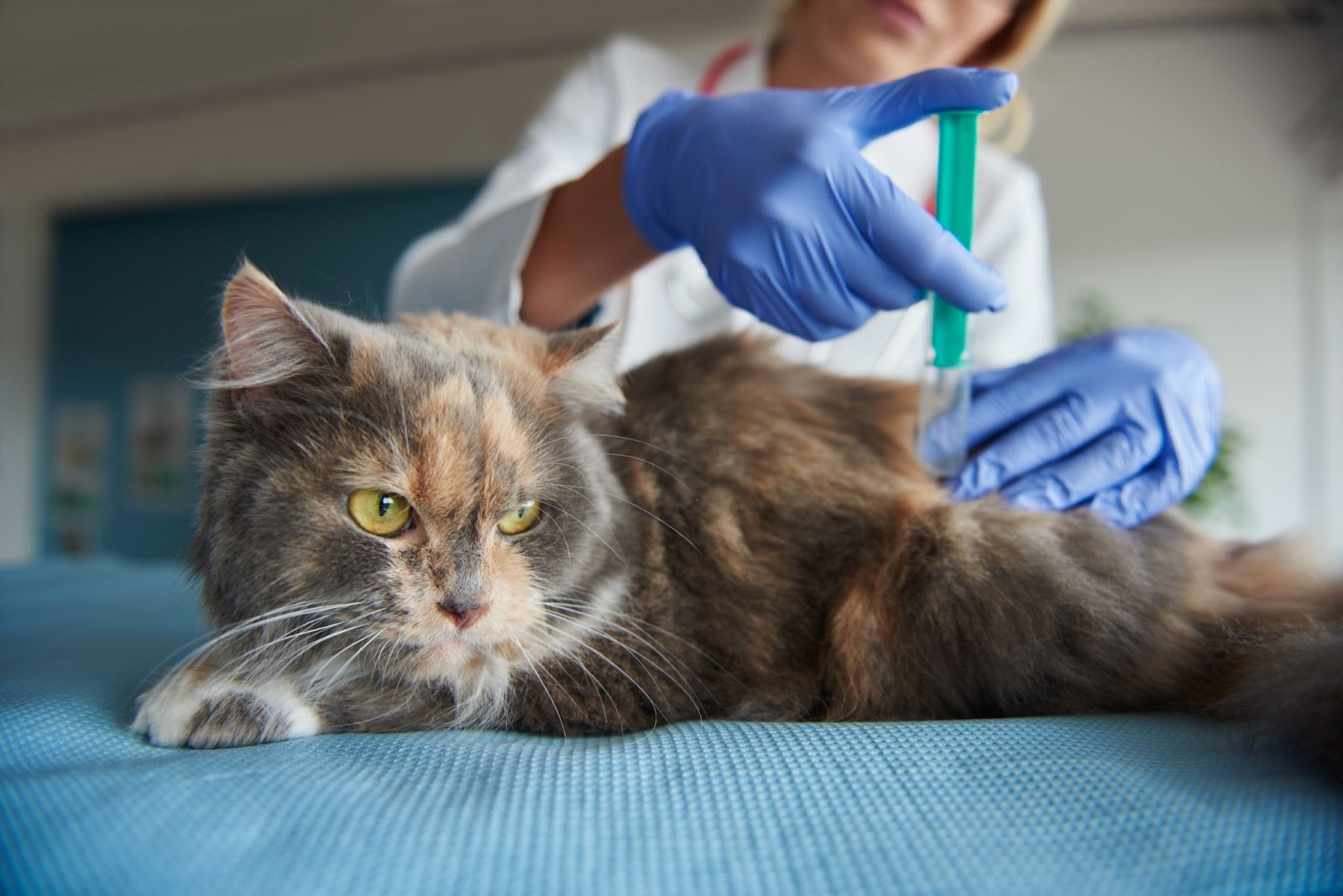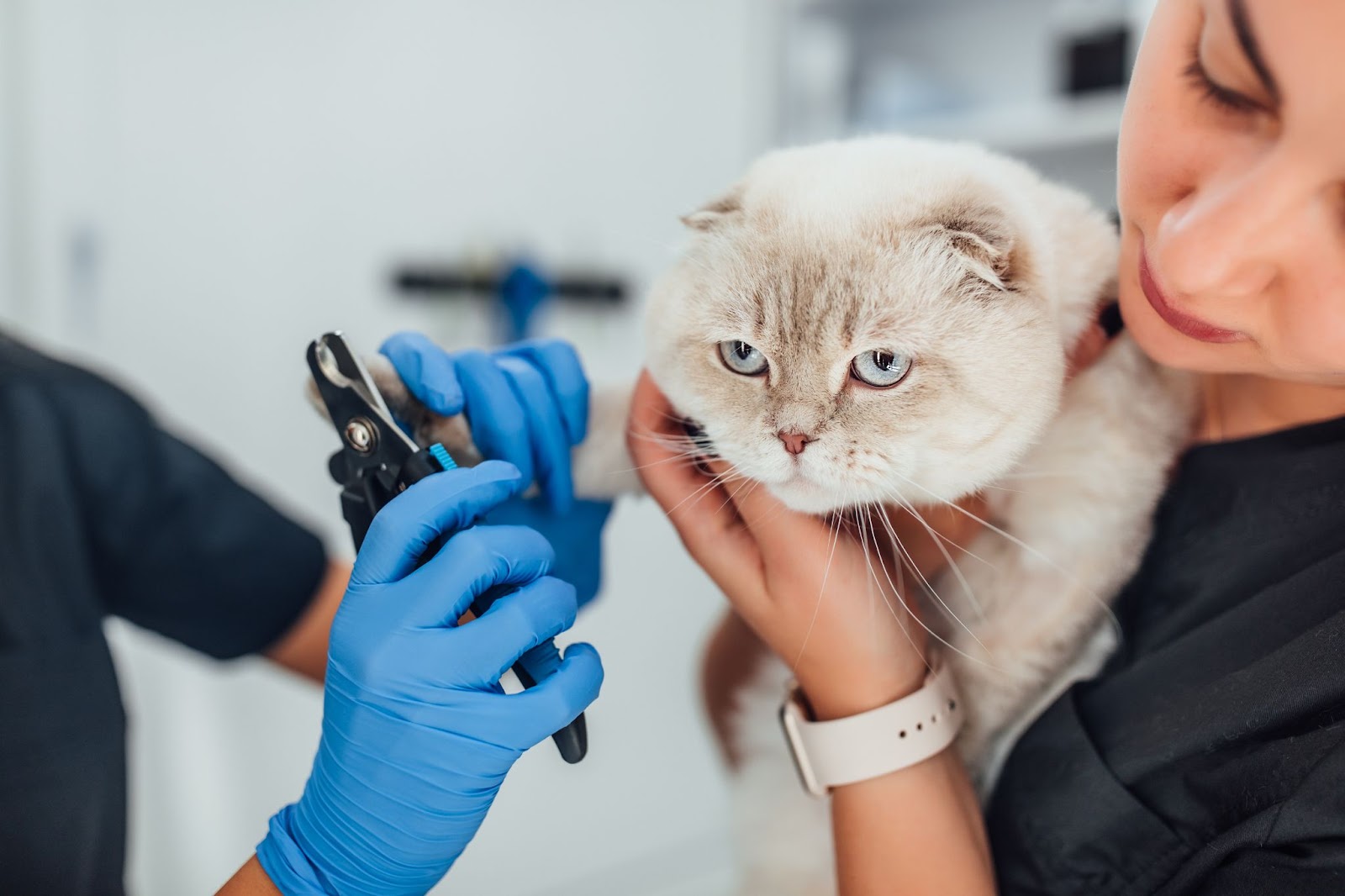Just like humans, cats are also susceptible to acquiring diseases. Our cute feline friends are not naturally immune to getting sick. Hence, pet owners should ensure that their cats are well-protected against any risk of disease.
Here’s everything you need to know about vaccinating your cats.
Lifestyles of cats
First, you need to identify your cat’s general lifestyle as they live with you. The following are the types of cats based on their lifestyle:
- Strictly indoor cats – this type of cat refers to those who have never gone outside—cats who have no contact with outdoor cats.
- Indoor-outdoor cats – this type of cat mainly lives indoors; however, they also go out. Those cats who rarely go outside or travel from time to time can be considered indoor-outdoor cats as well.
- Outdoor cats – this type of cat commonly spends most of its time outdoors. Outdoor cats are likely to be primarily exposed to other cats of unknown origin and health conditions.
Maybe you’re wondering: do you still need to have your indoor cat vaccinated? The answer is yes. Vaccines are recommended by many medical professionals.
Benefits of vaccinating your cats
Now, let’s move on to the main reasons why your cat should be vaccinated.
Vaccines prevent your cats from getting diseases
Of course, vaccinations are considered an important part of preventive medical and health care for your cat, and as a pet owner, you should know this.
Despite being indoor cats, they can still be exposed to serious and potentially fatal diseases as multiple diseases that fit within the normal vaccine schedule are known to be airborne.
For example, a simple open window can already expose your cat. Or your cat can be exposed from your routine trip to the vet’s clinic.

Vaccines build the immune system of your cats
This one is definitely related to the first benefit of getting your cat vaccinated. Considering the required series of cat vaccinations, you can be at ease that your cat will grow healthy, protected, and safe.
Basically, vaccines can strengthen your cat’s immune system in order to fight off serious and even fatal infectious diseases. This is why vaccines are a necessity in your cat’s life.
There are different kinds of vaccines available, but your veterinarian will need to check on your cat’s lifestyle first before advising on any vaccine.
Vaccines protect you from avoidable expenses
Well, owning a pet is not free. You need to have enough funds for your cat’s essentials, including sparing a few hours every day to pet, play, feed, and love them!
Technically, if your cat is healthy, it means less time in animal clinics and hospitals. Vaccinating your cat will not only protect your pet’s health and potentially their life, but it can also protect you financially.
In case your cat acquires a preventable disease because you didn’t vaccinate, you would be facing a huge amount of vet bills to make your cat well. Also, getting your cat vaccinated can be a requirement before accessing any places in your community.
Hence, vaccines are extremely important. It is a total plan for preventive healthcare for your feline friends. Additionally, having a wellness and medical plan can ensure you never miss a vaccination.
How do vaccines work?
It’s simple. Vaccines are provided in your cat’s body to prepare their immune system to fight any invasion from certain disease-causing organisms. In general, vaccines have antigens that help build your cat’s immune system. It looks like the organism but doesn’t, ideally, cause disease.
By the time when the vaccine is injected, your cat’s immune system may respond by mounting a protective response. This is because when the cat is continuously exposed to a certain organism, their immune system is prepared and either prevents infection or lessens the severity of the disease acquired.
What are the main vaccines for cats?
Feline viral rhinotracheitis (“cat cold”) – rhinotracheitis refers to a viral disease that is passed from cat to another cat. When your cat has been directly exposed to other cats with this disease, they are at risk of getting it as well.
Similar to the common cold in humans, rhinotracheitis is an infectious respiratory disease that may cause several symptoms, such as fever, sneezing, loss of appetite, runny nose, and cough. Rhinotracheitis can be harmful to both cats and kittens; hence, vaccination against this disease is so important.

Feline calicivirus – this is another major respiratory disease in cats. Feline calicivirus is considered curable; however, your cat can also become a lifelong carrier of this virus.
Your cat may also suffer from chronic sneezing and watery eyes. Some of the primary symptoms of this disease are tongue ulcers, fever, and lung inflammation (pneumonia).
Feline panleukopenia – Feline panleukopenia (feline distemper) is known to be an incredibly resilient virus as it can survive up to one (1) year outside the cat’s body. Its symptoms can be deadly and alarming for your cats, which include apathy, diarrhea, vomiting, severe dehydration, and fever.
Rabies – here’s the most common one–cat rabies. In fact, rabies has no cure, which is why cat vaccination is medically advisable.
When should my kitten receive their first shots?
As the pet owner, you must bring your kitten to your veterinarian to get their first round of vaccinations. This is recommended when your kitten is around six to eight weeks old. Afterward, your pet should get a series of vaccines at three-to-four-week intervals until they reach about 16 weeks old.
Your cat’s vaccination schedule
The first visit should be between 6 to 8 weeks
- Checking your cat’s nutrition and grooming
- Conducting blood tests for feline leukemia
- Having fecal exams to see if there are parasites
- Vaccinations for chlamydia, calicivirus, rhinotracheitis, and panleukopenia
The second visit should be in 12 weeks
- Conducting examinations and external check-ups for parasites
- The first vaccine for feline leukemia should be administered
- The second round of vaccinations for calicivirus rhinotracheitis and panleukopenia
The third visit is then based on your veterinarian’s advice.
- Administering anti-rabies vaccine
- Administering the second feline leukemia vaccine
Possible side effects of cat vaccinations
- Diarrhea
- Fever
- Hives
- Lameness
- Loss of appetite
- Redness of swelling around the injection site
- Severe lethargy
- Vomiting
You must immediately call your veterinarian if you notice much serious side effects.
PetPal is the perfect place to learn about pet-related news, tips, and trends and to connect you to fellow pet lovers. Register at our website today!



